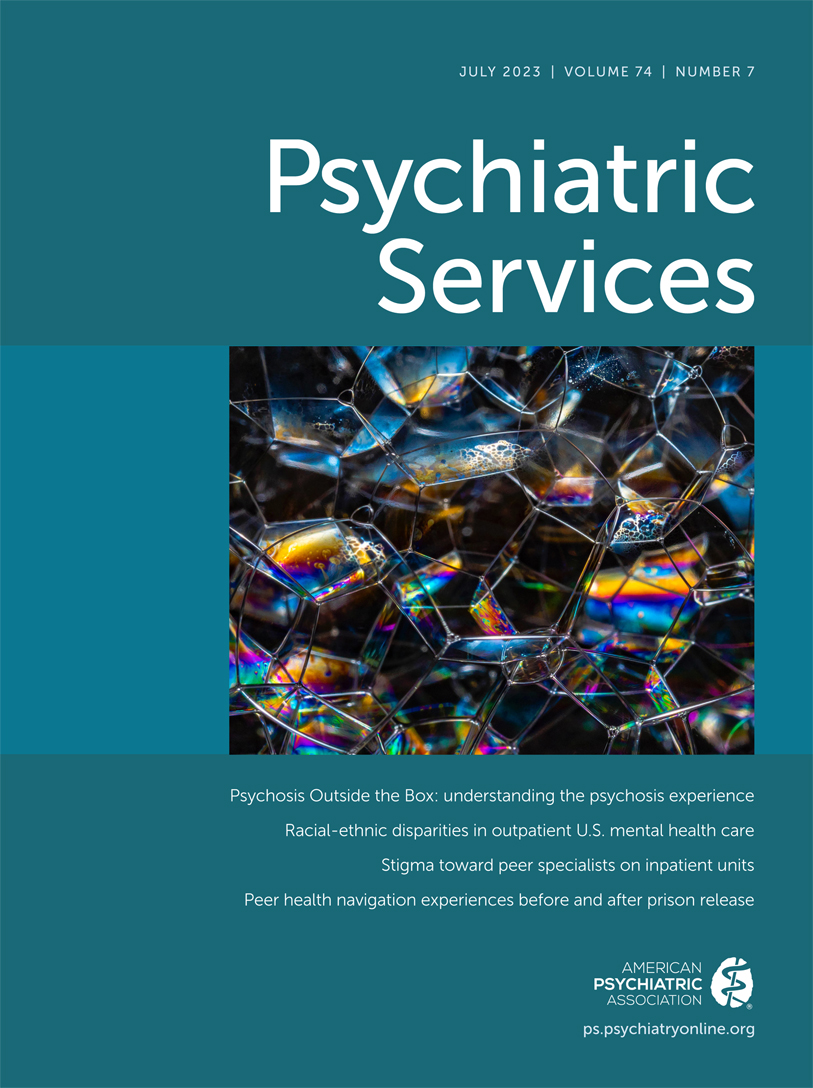Community, Hospital, and Patient Factors Contributing to Ethnoracial Disparities in Follow-Up After Psychiatric Hospitalization
Abstract
Objective:
This study used an ecosocial perspective to examine ethnoracial disparities in timely outpatient follow-up care after psychiatric hospitalization in a cohort of Medicaid recipients.
Methods:
This retrospective analysis used 2012–2013 New York State Medicaid claims data for 17,488 patients ages <65 years who were treated in hospital psychiatric units and discharged to the community. Claims data were linked to other administrative data sets capturing key social conditions and determinants of mental health for non-Latinx White (White hereafter), non-Latinx Black (Black), Latinx, non-Latinx Asian/Pacific Islander (Asian/Pacific Islander), non-Latinx American Indian or Native Alaskan (American Indian or Native Alaskan), and other ethnoracial groups. Regression models were used to estimate the variations in disparities in timely follow-up care that were attributable to community, organization (i.e., hospital), and individual patient characteristics.
Results:
Overall, 60.1% of patients attended an outpatient mental health visit within 30 days of discharge. Compared with the rate for White patients, the attendance rates were 9.5 percentage points lower for Black patients and 7.8 percentage points higher for Asian/Pacific Islander patients. No significant difference in attendance rates was found between Latinx and White patients. Community factors, specifically urban versus rural classification and county poverty status, accounted for the greatest variation in timely follow-up care in all comparisons.
Conclusions:
Efforts to increase connection to outpatient mental health follow-up care after psychiatric hospitalization should incorporate cultural and structural competencies to address social conditions and determinants of mental health that underly ethnoracial disparities.
Access content
To read the fulltext, please use one of the options below to sign in or purchase access.- Personal login
- Institutional Login
- Sign in via OpenAthens
- Register for access
-
Please login/register if you wish to pair your device and check access availability.
Not a subscriber?
PsychiatryOnline subscription options offer access to the DSM-5 library, books, journals, CME, and patient resources. This all-in-one virtual library provides psychiatrists and mental health professionals with key resources for diagnosis, treatment, research, and professional development.
Need more help? PsychiatryOnline Customer Service may be reached by emailing [email protected] or by calling 800-368-5777 (in the U.S.) or 703-907-7322 (outside the U.S.).



